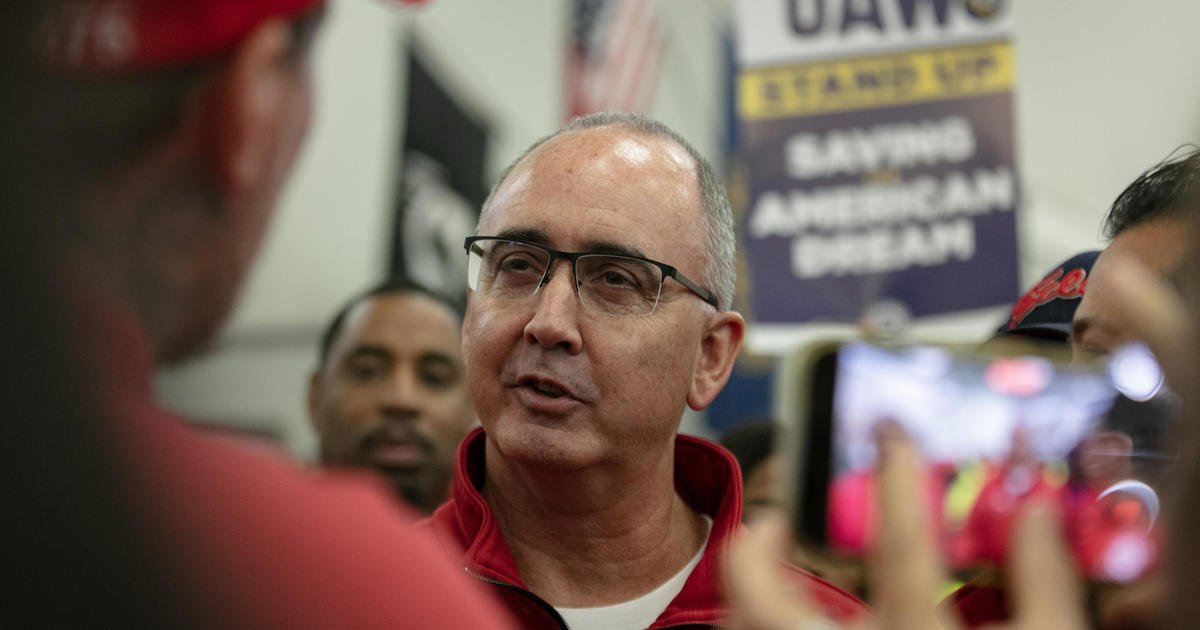REPORT: Drug Prices For Seniors Once Again Rose Faster Than Inflation
(CNN) -- The retail price of prescription drugs commonly used by older Americans has continued to increased faster than inflation, according to a new analysis from AARP. This marks the 12th year in a row that there has been a substantial increase in prices.
AARP's Public Policy Institute looked at the retail prices of 754 widely used brand name, generic and specialty drugs used by older Americans and found that the cost increased by an average of 4.2% in 2017 -- twice the rate of general inflation for that same time period. This is lower than the drug price increases observed in previous years, but it's a tepid improvement.
For example, a drug used regularly with a retail price of $19,816 for 2017 would have cost only $7,263 if the price increase was in line with general inflation from 2006 to 2017, the report found.
"If you take a look at what people are bringing in a year with social security on average, that's almost 20% higher," said Leigh Purvis, director of health services research at AARP's Public Policy Institute. "It's also approaching the median income for Medicare beneficiaries. That means these drugs are not affordable if they exceed a person's average year income.
There is no one drug that is driving the trend of higher prices, although there are drugs that have been in the news for their "eye-popping prices," including insulin and some cancer drugs, Purvis said, and there "is no sign of slowing" in this trend.
"We have given drug manufacturers a lot of pricing power. They really are free to set remarkable increases in this market."
CNN reached out to Pharmaceutical Research & Manufacturers of America, or PhRMA, which works on behalf of the nation's largest biopharmacuteutical and drug companies, for comment about the AARP report.
Pelosi's prescription drug price plan
High drug prices remains a top issue with voters, the majority who think that there are not enough regulations as their should be when it comes to limiting the price of drugs. Annual spending on prescription drugs exceeds $450 billion, according to Pew Trusts, and will likely outpace the costs of other parts of the health sector.
As part of a plan announced Thursday, House Speaker Nancy Pelosi wants to give the federal government the ability to negotiate some drug prices and cap their costs. The House has also approved three bills that address drug costs this year.
Republicans have long opposed allowing the government to negotiate drug prices. It remains to be seen if President Trump will back Pelosi's proposal, but he signaled support via Twitter, noting "It's great to see Speaker Pelosi's bill today. Let's get it done in a bipartisan way!"
Trump, who campaigned on a promise to lower drug prices, has said in the past that drug companies were "getting away with murder."
More recently, US Health an Human Services Secretary Alex Azar -- who worked for pharmaceutical giant Eli Lilly & Co. and became president of Lilly USA -- has remarked upon "positive developments" in pharmaceutical pricing behavior, but "drug companies have a lot further to go." During Azar's tenure with Lilly, the company was accused of routinely increasing drug prices.
Federal filings show the pharmaceutical industry lobbing group spent about $27.5 million in 2018. That's a record annual total for PhRMA. The past record lobbying bill topped out at a little over $25 million in 2009 when the industry was fighting the Affordable Care Act. This is in addition to the $194.3 million individual drug and health product companies spent on lobbying, according to OpenSecrets, a nonpartisan research group.
'This is simply unsustainable'
AARP's Purvis noted that increasing drug prices don't just impact the people who take them. Everyone pays for drug price increases in the form of more expensive insurance premiums and through tax dollars that fund Medicare and Medicaid.
If you are paying a lot for your drugs and you would like a smaller bill, other than making calls to your representatives, health care experts do say that you should talk with your pharmacist and doctor, to investigate what, if any alternatives are available that may be less expensive.
Ultimately, what could make a difference, Purvis thinks, is public opinion.
"There is wide bipartisan and public support, now more than ever, that this needs to change," Purvis said. "There will come a point where no one will be able to afford prescription drugs. This is simply unsustainable."
The-CNN-Wire™ & © 2019 Cable News Network, Inc., a Time Warner Company. All rights reserved.



